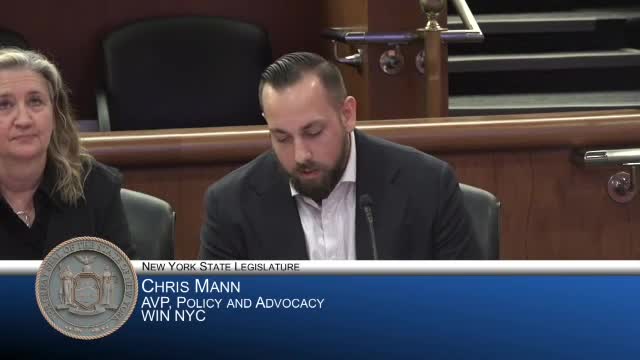Article not found
This article is no longer available. But don't worry—we've gathered other articles that discuss the same topic.
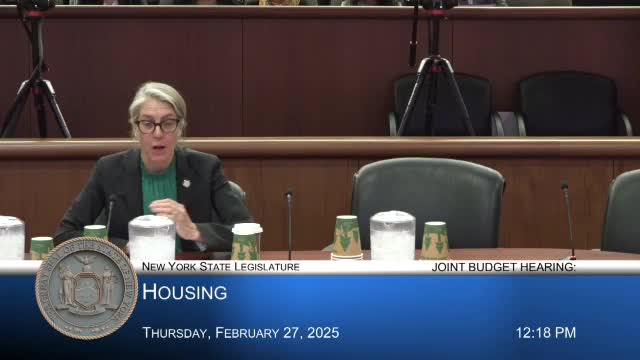
HCR lays out city-and-state housing packages including $1 billion for New York City and new mixed‑income loan fund
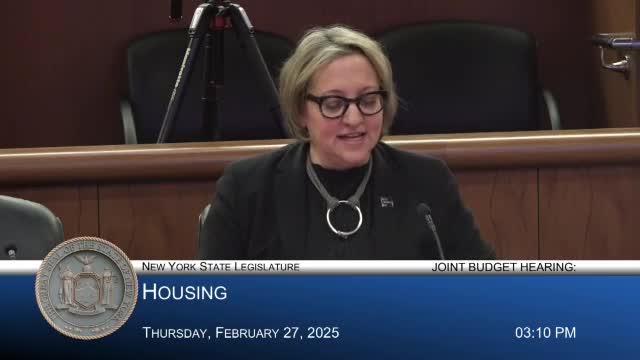
Legal services advocates push restoration and expansion of state housing public‑benefits funding and eviction prevention assistance
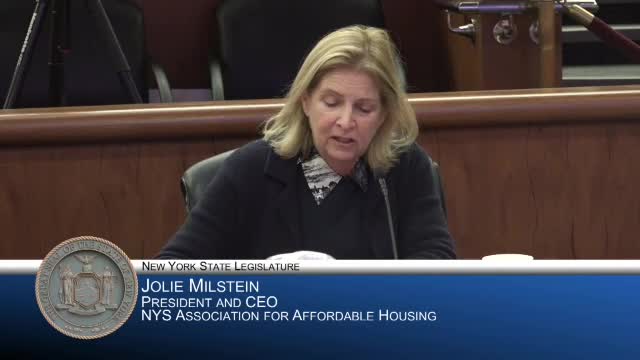
Rural housing groups warn proposed cuts would hinder preservation, call for restored funding to local RPCs
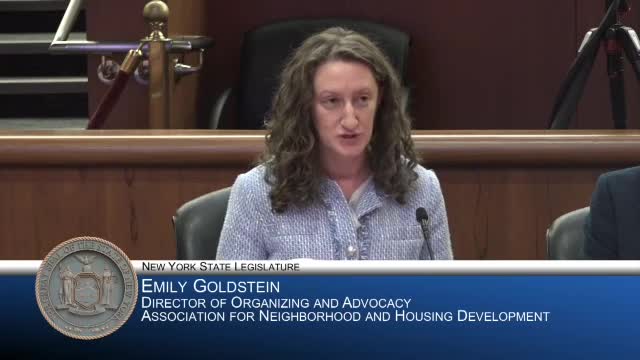
Tenants and community land trusts press state to fund Tenant Opportunity to Purchase Act to keep buildings permanently affordable
